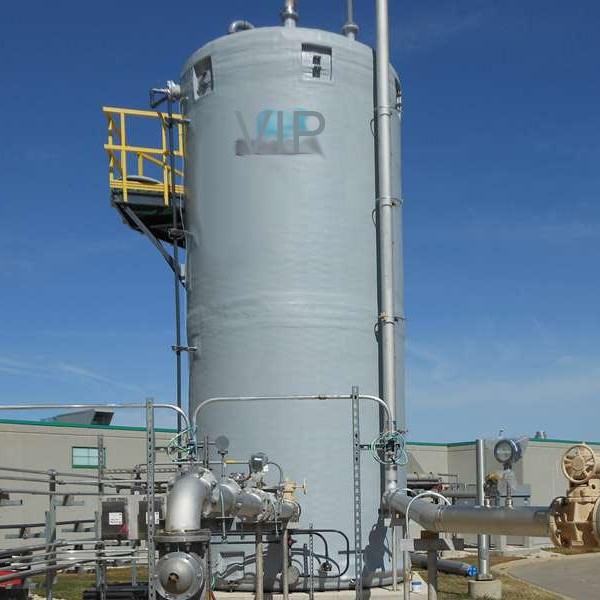
-
 Afrikaans
Afrikaans -
 Albanian
Albanian -
 Amharic
Amharic -
 Arabic
Arabic -
 Armenian
Armenian -
 Azerbaijani
Azerbaijani -
 Basque
Basque -
 Belarusian
Belarusian -
 Bengali
Bengali -
 Bosnian
Bosnian -
 Bulgarian
Bulgarian -
 Catalan
Catalan -
 Cebuano
Cebuano -
 China
China -
 China (Taiwan)
China (Taiwan) -
 Corsican
Corsican -
 Croatian
Croatian -
 Czech
Czech -
 Danish
Danish -
 Dutch
Dutch -
 English
English -
 Esperanto
Esperanto -
 Estonian
Estonian -
 Finnish
Finnish -
 French
French -
 Frisian
Frisian -
 Galician
Galician -
 Georgian
Georgian -
 German
German -
 Greek
Greek -
 Gujarati
Gujarati -
 Haitian Creole
Haitian Creole -
 hausa
hausa -
 hawaiian
hawaiian -
 Hebrew
Hebrew -
 Hindi
Hindi -
 Miao
Miao -
 Hungarian
Hungarian -
 Icelandic
Icelandic -
 igbo
igbo -
 Indonesian
Indonesian -
 irish
irish -
 Italian
Italian -
 Japanese
Japanese -
 Javanese
Javanese -
 Kannada
Kannada -
 kazakh
kazakh -
 Khmer
Khmer -
 Rwandese
Rwandese -
 Korean
Korean -
 Kurdish
Kurdish -
 Kyrgyz
Kyrgyz -
 Lao
Lao -
 Latin
Latin -
 Latvian
Latvian -
 Lithuanian
Lithuanian -
 Luxembourgish
Luxembourgish -
 Macedonian
Macedonian -
 Malgashi
Malgashi -
 Malay
Malay -
 Malayalam
Malayalam -
 Maltese
Maltese -
 Maori
Maori -
 Marathi
Marathi -
 Mongolian
Mongolian -
 Myanmar
Myanmar -
 Nepali
Nepali -
 Norwegian
Norwegian -
 Norwegian
Norwegian -
 Occitan
Occitan -
 Pashto
Pashto -
 Persian
Persian -
 Polish
Polish -
 Portuguese
Portuguese -
 Punjabi
Punjabi -
 Romanian
Romanian -
 Russian
Russian -
 Samoan
Samoan -
 Scottish Gaelic
Scottish Gaelic -
 Serbian
Serbian -
 Sesotho
Sesotho -
 Shona
Shona -
 Sindhi
Sindhi -
 Sinhala
Sinhala -
 Slovak
Slovak -
 Slovenian
Slovenian -
 Somali
Somali -
 Spanish
Spanish -
 Sundanese
Sundanese -
 Swahili
Swahili -
 Swedish
Swedish -
 Tagalog
Tagalog -
 Tajik
Tajik -
 Tamil
Tamil -
 Tatar
Tatar -
 Telugu
Telugu -
 Thai
Thai -
 Turkish
Turkish -
 Turkmen
Turkmen -
 Ukrainian
Ukrainian -
 Urdu
Urdu -
 Uighur
Uighur -
 Uzbek
Uzbek -
 Vietnamese
Vietnamese -
 Welsh
Welsh -
 Bantu
Bantu -
 Yiddish
Yiddish -
 Yoruba
Yoruba -
 Zulu
Zulu
frp demister
FRP Demisters An Essential Component in Modern Air Filtration Systems
In today’s industrial landscape, the demand for efficient air filtration systems is ever-increasing. Among the various technologies utilized within these systems, FRP (Fiberglass Reinforced Plastic) demisters have emerged as a critical component, playing a vital role in ensuring air quality and operational efficiency. This article explores the significance, functionality, and advantages of FRP demisters in various applications.
Understanding FRP Demisters
FRP demisters are specialized devices designed to remove moisture from gaseous streams, effectively minimizing the presence of liquid droplets in the air. They are constructed from fiberglass-reinforced plastic, a material known for its strength, durability, and resistance to corrosion. This makes FRP demisters particularly well-suited for harsh industrial environments where they may be exposed to aggressive chemicals or extreme temperatures.
The primary function of a demister is to prevent liquid entrainment—tiny droplets of liquid carried along with the gas. By separating these droplets, FRP demisters help maintain the quality of the air or gas being processed, ensuring that downstream equipment operates efficiently and reducing the likelihood of corrosion and other damages caused by moisture.
Operational Mechanism
The operational mechanism of FRP demisters is relatively straightforward. As the gas stream enters the demister, it passes through a mesh or packing material designed to capture liquid droplets. The design of these demisters often incorporates a combination of gravity settling, inertial impaction, and coalescence. The droplets collide with the packing materials, coalescing into larger droplets that then fall into a collection chamber, thus purifying the gas stream.
frp demister

Advantages of FRP Demisters
One of the key advantages of FRP demisters is their exceptional resistance to corrosion. Unlike traditional metal options, FRP demisters do not rust or degrade when exposed to harsh chemicals. This property significantly extends their operational lifespan, making them a cost-effective choice for industries such as petrochemicals, pharmaceuticals, and wastewater treatment.
Additionally, FRP demisters are lightweight and easy to install. Their design can be customized to various sizes and configurations, offering versatility in application. Moreover, they require minimal maintenance, further enhancing their appeal to industries looking for efficient and reliable solutions.
Applications of FRP Demisters
FRP demisters are employed across a wide range of industries. In the oil and gas sector, they contribute to the extraction process by removing water vapor from gas streams. In the chemical processing industry, they enhance the efficiency of reaction processes by ensuring the gases involved are as dry as possible. Additionally, in HVAC systems, FRP demisters play a crucial role in maintaining air quality and energy efficiency by preventing moisture buildup.
Conclusion
In summary, FRP demisters represent an essential technology in modern air filtration systems. Their ability to effectively remove moisture while resisting corrosion makes them invaluable across various industries. As air quality regulations become stricter and industries continue to prioritize operational efficiency, the importance of robust solutions like FRP demisters will only continue to grow, ensuring cleaner air and safer environments in numerous applications.









